Imagine being on indefinite lockdown, imprisoned in a dark, underground, 6’ x 12’ cell, freezing in winter, boiling in summer and infested with cockroaches and scorpions. The bed is a narrow concrete ledge, where you can only sleep on your side. The toilet has no U-bend, and your cell, No. 13, at the end of a run of cells, receives all the waste and floodwater from the others. There are no windows.
Aziz BineBine spent his young adult life there, 18 years from 1973 to 1991. His crime was to have participated unwittingly as a young cadet officer in an abortive 1971 coup against Hassan II of Morocco. He escaped, bewildered, from a bloodbath at the palace without having fired a shot. He turned himself in, was tried and imprisoned. A year later, when a second coup attempt was crushed, he and others were sent to Tazmamart, a secret prison beneath a hangar in the desert whose very existence was denied by the Moroccan government.
Over the next two decades BineBine and his fellow inmates lived ‘united by the same suffering, the same misery, and the unspeakable horror of our fall from grace’. They were given a small roll and chickpea broth at midday and plain pasta in the evening. Most of those who drank the water got diseases and died — but people died all the time, year after year, by no means only from drinking the water. BineBine, however, survived, to write this extraordinarily compassionate testament to their lives in and out of prison, and their deaths.
How, you wonder, did he not go mad, consigned almost by accident to a living tomb? Many of his neighbours did, such as Chmicha, or Little Son, who after six months gave up clothes and food, and sat in the freezing damp with his head in his mother’s lap, begging her to eat, not to be sad. He soon died. Baba Driss, a young airforce NCO, began seeing snakes in his cell, as did Elkouri, a friend of BineBine’s from military academy. They both became deranged and lost the will to live. Another man fixated on the desire to taste a date. The guards did not oblige, and the man died. Hope and despair could kill.
What saved BineBine, beyond sheer fortitude, was his faith and his education. Belief helped pass the time between prayer, fasting and recitation, just as it also allowed him to accept his absolute subjection to the will of God, and to cultivate humility. As soon as he arrived at Tazmamart he made a mental effort to erase his past: even to think about his friends and family, or of what might have been, would be a source of agonising torment. Instead he strove to accept what he chose to see as three sentences against him: the sentence of the state, for violating a man’s home, the palace; the sentence of heaven, which was the challenge set by God; and the sentence he imposed upon himself.
Physically he had to retreat into himself, make his body his study, husband his strength, his knowledge and observations as diligently as he saved the warmth of his farts and his own saliva. ‘I had achieved total self-sufficiency,’ he writes, drily, after using his urine to manage an infected boil that developed on his thumb.
Culture fed his mind. BineBine became the prison storyteller, whiling away the time by relating the plots of films and books, improvising where memory failed. ‘In our darkness, hearing became the chief sense by which we clung to life.’ In return, two brothers would take the prisoners on long rambles through the streets of Paris, pausing to argue over the position of a bar, or a favourite cinema.
BineBine endured months of agony when he got gall bladder disease. Every morning it took him an hour or so to move his fingers, stiff like twigs, into his mouth, and force himself to retch up the bile that caused him such agony. After his release, doctors explained that his gall bladder had dried around his gall stones, saving his life.
The guards extended no help. Poor country boys, they were indifferent, stupid, or afraid of their superiors, careless as to whether the prisoners had winter clothes, or food. ‘A coward is more dangerous than a cruel man,’ BineBine writes. A month before one man died, an owl flew in at the same time each evening and hooted for a while; on the night that he died, it stayed away. Anyone could die for lack of the most basic care, of gangrene or bronchitis. The guards would take him out in his blanket and drop him into a pit, sprinkle him with lime, slide a corrugated iron sheet over the body and fill it back in.
For all the suffering, this isn’t a depressing book. On the contrary, it is compulsively readable and even uplifting, because the lesson BineBine imparts is one of love and dry-eyed compassion. Faultlessly translated by Lulu Norman, Tazmamart is a deeply moving testament to the strength of the human spirit.
Got something to add? Join the discussion and comment below.
Get 10 issues for just $10
Subscribe to The Spectator Australia today for the next 10 magazine issues, plus full online access, for just $10.
You might disagree with half of it, but you’ll enjoy reading all of it. Try your first month for free, then just $2 a week for the remainder of your first year.

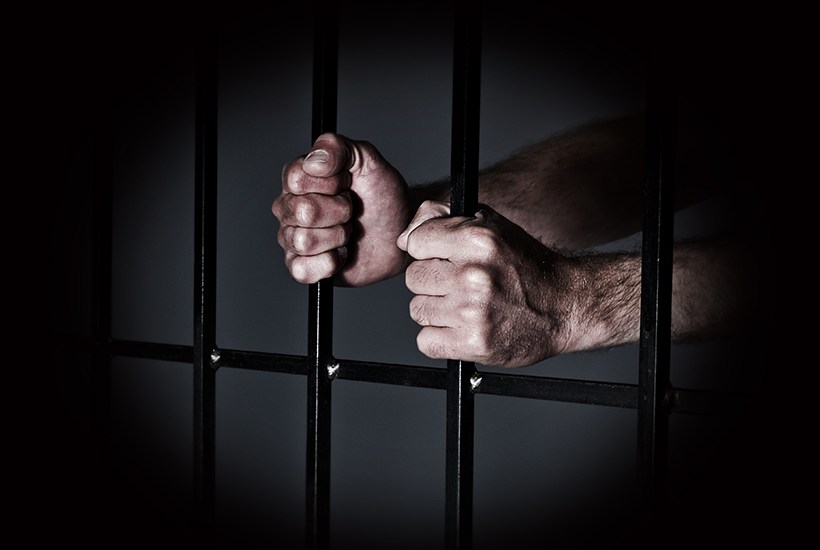
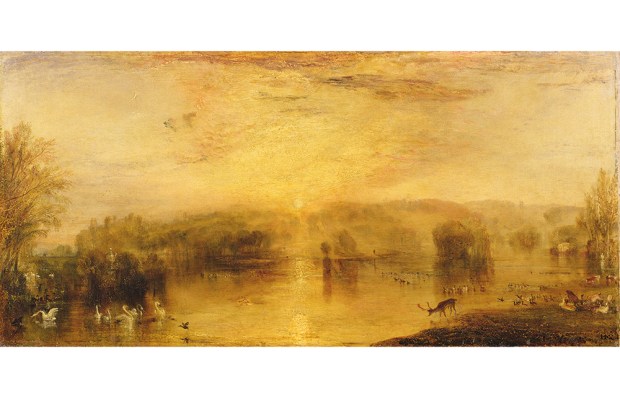
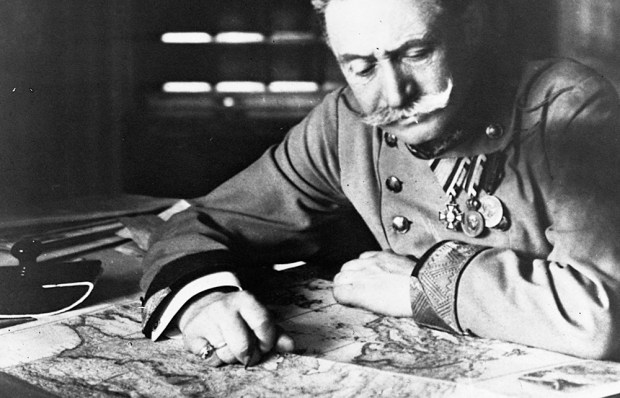

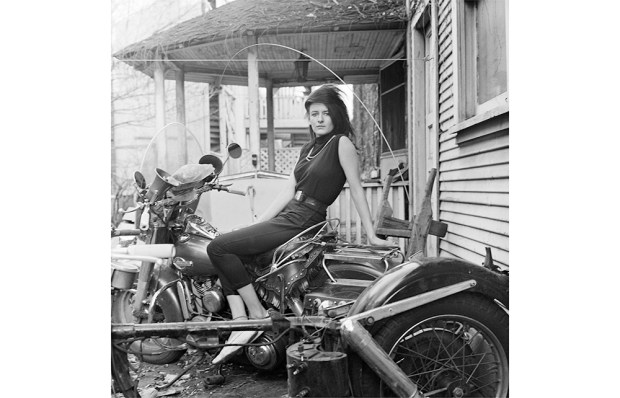
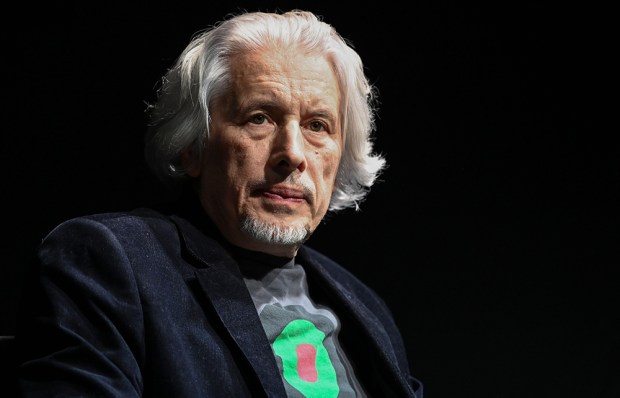
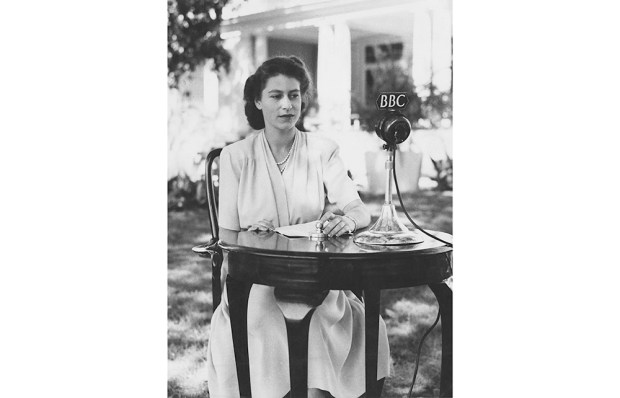






Comments
Don't miss out
Join the conversation with other Spectator Australia readers. Subscribe to leave a comment.
SUBSCRIBEAlready a subscriber? Log in